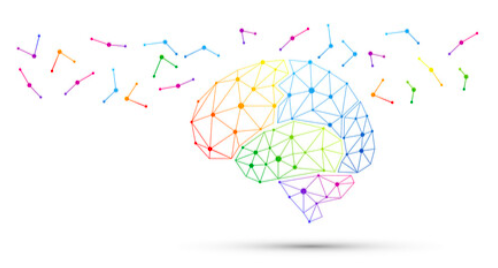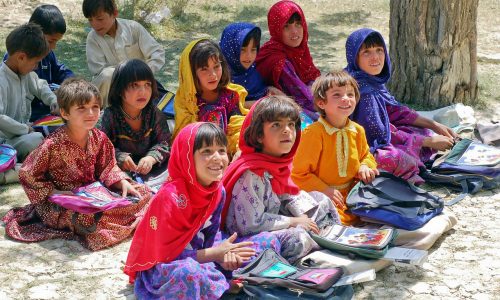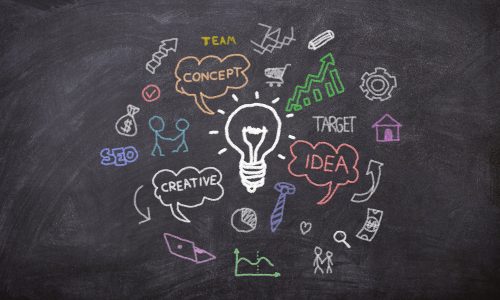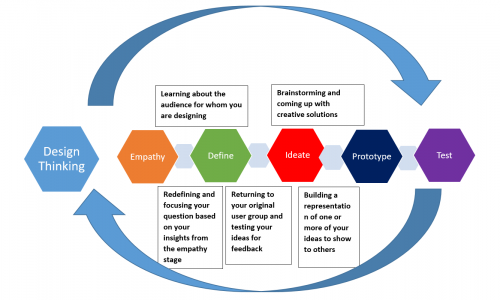Models are patterns serving as guidelines to action, and can be found for almost every form of educational activity. Using a model to develop curriculum can result in greater efficiency and productivity. By examining models of curriculum development, we can analyse the phases essential to the process.
When assessing the advances in gifted education curriculum and teaching, it is obvious that a variety of techniques are embraced wholesale for classroom usage without proper testing in research settings or assessment of their worth in the broader educational environment. The curriculum and teaching techniques provided in this course have been evaluated and found to be successful with gifted students, in accordance with Van Tassel-Baska’s research (1986).
Three fairly distinctive curriculum models that have been shown to be successful with gifted students at various developmental stages and in a variety of domain-specific topics are as follows: 1) the model of content mastery; 2) the model of process/product research; and 3) the model of epistemological concept.
- The content mastery model places great value on mastering certain skills and concepts within a predefined subject of inquiry.
- The process/product model places a strong premium on students developing investigative abilities, both scientific and social, that enable them to create a high-quality product.
- The epistemological concept model places a premium on gifted students’ comprehension and appreciation of knowledge systems, rather than on the particular components of such systems.
All three models work well for talented students. These, together with proposed adjustments to the normal curriculum, may offer the information enrichment and increased learning speed that talented children need.
- Lectures 4
- Quizzes 0
- Duration 10 weeks
- Skill level All levels
- Language English
- Students 10
- Assessments Yes






